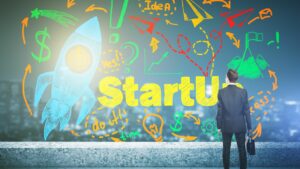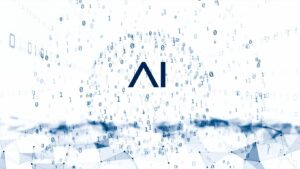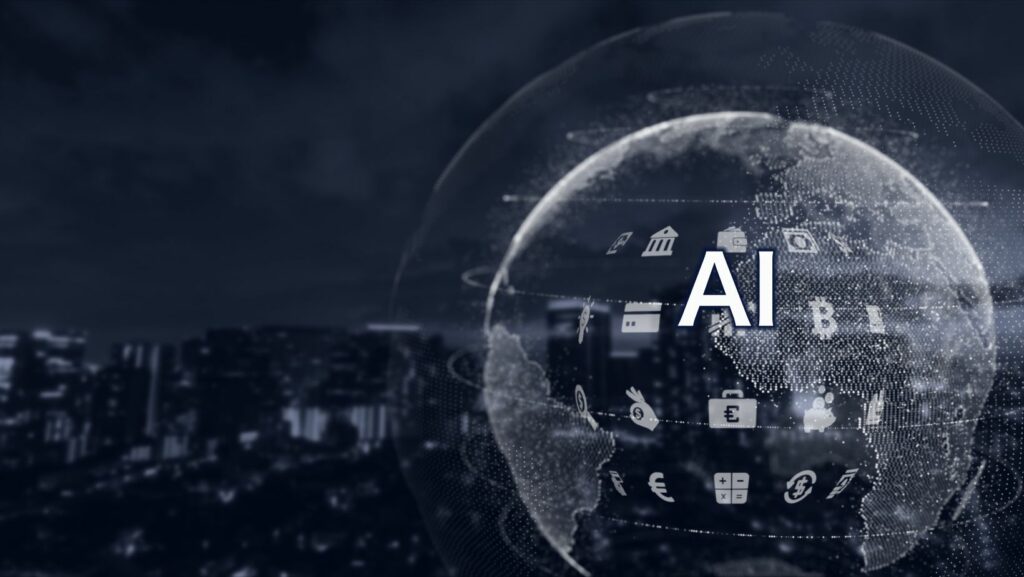AI Startup News
Artificial intelligence (AI) continues to shape various sectors, leading to new startup trends. AI startups are leveraging machine learning, natural language processing, and computer vision to create innovative solutions. For instance, machine learning algorithms are being used to enhance predictive analytics in finance.
Funding for AI startups is on the rise. In Q2 2023, venture capital firms invested over $6 billion in AI-related companies, highlighting investor confidence. Major tech corporations are also acquiring AI startups to integrate advanced technologies into their existing products.
New AI startups are emerging globally, with significant activity in North America, Europe, and Asia. Asia has seen a 35% increase in AI startups compared to the previous year. These startups are focusing on niche markets like AI for healthcare, autonomous vehicles, and cybersecurity.
AI ethics and regulation are becoming central topics. Startups are creating tools that ensure AI applications adhere to ethical standards and regulatory frameworks. IBM and Google are notable for investing in ethical AI solutions.
AI-enabled hardware is another growing trend. Startups are developing specialized chips and processors to handle AI workloads more efficiently. Companies like Graphcore and Cerebras Systems are leading this innovation, making AI processing faster and more affordable.
Partnerships between AI startups and traditional businesses are increasing. Retail companies, for example, are collaborating with AI startups to enhance customer experience through personalized recommendations. These collaborations drive growth and foster technological advancements.
Noteworthy AI Startups of 2023
The AI startup news scene in 2023 has featured numerous innovative companies, driving significant advancements in technology. These startups are making waves in various industries, particularly in healthcare, finance, and autonomous systems.
Grok AI
- Grok AI develops predictive analytics solutions for the finance sector. With its advanced machine learning models, it helps financial institutions enhance risk management and decision-making processes.
Neuronix
- Neuronix specializes in AI-driven diagnostics for early disease detection. It uses deep learning to analyze medical images, improving accuracy and speed in identifying potential health issues.
Auralink
- Auralink focuses on natural language processing (NLP) technology. Its platform enhances customer interaction by delivering real-time language translation and sentiment analysis for businesses.
Synaptify
- Synaptify is innovating in the field of AI-powered cybersecurity. It employs AI models that predict, detect, and mitigate cyber threats, offering robust protection for enterprise systems.
Biotara
- Biotara uses AI to advance agricultural technology. Its solutions optimize crop yields and resource management through real-time data analytics and predictive modeling.
Graphcore
- Graphcore, known for its AI accelerators, released its new IPU (Intelligent Processing Unit) in 2023. The IPU significantly boosts AI processing speed and efficiency, impacting various AI workloads.
Cerebras Systems
- Cerebras Systems continues to lead in AI hardware innovation. Its latest processor, the Wafer-Scale Engine 2, offers unparalleled performance in complex AI computations, supporting advanced research and development.
OpenAI
- OpenAI expanded its GPT-4 capabilities, integrating the model into various applications to enhance natural language understanding and generation. This update has broad implications across multiple sectors.
These startups, both emerging and established, illustrate the dynamic nature of the AI ecosystem in 2023. Their innovations are set to redefine industry standards and continue the transformation powered by artificial intelligence.
Key Innovations in AI Technology
AI technology is transforming healthcare through improved diagnostics, personalized treatment plans, and predictive analytics. Companies like Neuronix use AI to detect diseases at early stages by analyzing medical imaging data. Predictive models assist in identifying patients at high risk for complications, allowing for timely interventions. Startups are also developing AI-driven tools for drug discovery, significantly reducing the time and cost associated with bringing new medications to market.
AI’s impact on finance includes enhanced fraud detection, automated trading, and personalized financial advice. Grok AI, for instance, employs machine learning algorithms to improve predictive analytics, helping financial institutions anticipate market shifts. Natural language processing (NLP) enables chatbots to offer customer support and handle transactions efficiently. Additionally, AI-driven robo-advisors provide personalized investment recommendations, democratizing access to financial planning services.
AI innovations in education focus on personalized learning experiences, intelligent tutoring systems, and administrative efficiency. AI-driven platforms analyze student data to customize learning paths, ensuring individual needs are met. Intelligent tutoring systems, using NLP and machine learning, offer one-on-one instruction, adapting to each student’s pace and comprehension level. Administrative tasks such as grading and scheduling are being automated, allowing educators to concentrate more on teaching and student development.

